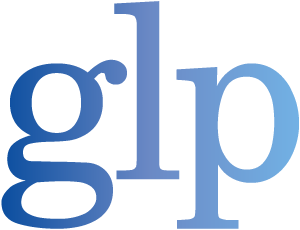Table of Contents
Understanding Leasehold Properties in London
If you’re looking to buy or rent a property in London, you might come across the term “”leasehold””. It’s important to understand what that means and how it affects your rights as a homeowner or tenant. In this post, we’ll explain everything you need to know about leasehold properties in London.
What is a Leasehold Property?
A leasehold property is a type of property ownership where you own the property for a limited period of time. This period is usually between 99 and 999 years. After this time, the ownership of the property reverts back to the freeholder or landlord. Leasehold properties are common in London and can be found in both flats and houses.
What Does It Mean to Be a Leaseholder?
If you own a leasehold property, you are known as the leaseholder or lessee. As a leaseholder, you have the right to live in the property for the duration of the lease, as long as you adhere to the terms of the lease agreement. However, you don’t own the land on which the property is built, and you’ll have to pay ground rent to the freeholder or landlord.
What Are the Benefits of a Leasehold Property?
One of the main benefits of a leasehold property is that it can be more affordable than a freehold property. This is because you only own the property for a limited time, and you don’t have to pay for the land on which it’s built. This can make it easier to get onto the property ladder in London.
Another benefit of a leasehold property is that you don’t have to worry about maintenance and repairs to the structure of the building. This is the responsibility of the freeholder or landlord, so you won’t be charged for any major works.
What Are the Drawbacks of a Leasehold Property?
One of the biggest drawbacks of a leasehold property is that you’ll have to pay ground rent to the freeholder or landlord. This can be a significant expense, especially if it increases over time. You may also have to pay service charges for things like maintenance of communal areas and buildings insurance.
Another potential drawback of a leasehold property is that you’ll have less control over the property than you would with a freehold property. This is because you’ll need to adhere to the terms of the lease agreement, which may include restrictions on things like making alterations to the property.
How Do I Extend My Lease?
If you’re a leaseholder and you want to extend the lease on your property, you’ll need to follow a specific process. This is known as leasehold enfranchisement. You may be able to extend your lease by up to 90 years, which can increase the value of your property and make it more attractive to potential buyers.
Conclusion
Leasehold properties can be a great option for those looking to buy or rent in London. They can be more affordable than freehold properties, and you won’t have to worry about maintenance and repairs. However, there are some drawbacks to be aware of, such as paying ground rent and having less control over the property. If you’re considering buying or renting a leasehold property, it’s important to understand the terms of the lease and your rights as a leaseholder.

